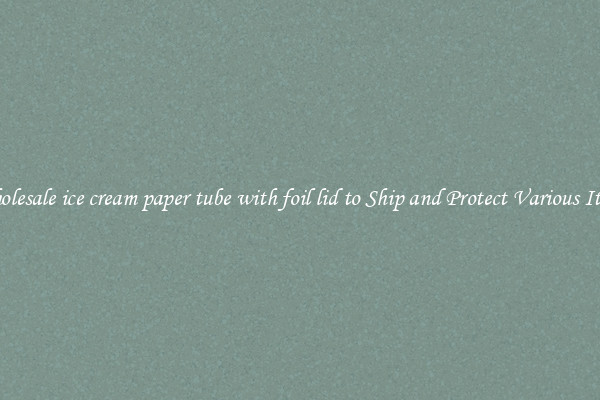Wholesale gas cylinder fire to Ship Gaseous Substances Safely
Wholesale gas cylinder fire is a serious concern when it comes to transporting and shipping gaseous substances. With the potential for explosions and extensive damages, it is crucial to ensure that these substances are handled and transported safely. This article highlights the importance of safe shipping practices and provides some guidelines to prevent gas cylinder fires.

Firstly, it is essential to use cylinders that meet safety standards and regulations set by relevant authorities. These cylinders should be made of durable materials and be able to withstand the pressure of the gaseous substance being transported. Regular inspection and maintenance of these cylinders are also vital to identify any potential defects or damages that could lead to a fire incident.
Proper handling and packaging of gas cylinders are equally important. Cylinders should always be stored and secured in an upright position to prevent any leakage or damages. Additionally, they should be handled with care and transported in specially designed racks, containers, or vehicles that provide protection from external factors such as heat, impact, or inclement weather.
Moreover, it is crucial to provide adequate ventilation during transportation to prevent the buildup of flammable or toxic gases. Well-ventilated containers or vehicles can effectively dissipate any potential leaks or escaping gases, reducing the risk of fire incidents.
Furthermore, appropriate labeling and documentation of gas cylinders are necessary for safe transportation. Clear identification of the substances being transported, along with their properties and associated hazards, enables proper handling and emergency response in case of any mishap. It also ensures that personnel involved in the transportation process are aware of the potential risks and take necessary precautions.
In the event of a fire or emergency situation, having trained personnel equipped with the right firefighting equipment is crucial. Employees involved in shipping gaseous substances should be trained in handling fire incidents, including how to use fire extinguishers and other firefighting equipment effectively. Regular drills and mock scenarios can also help prepare them for such situations.
In conclusion, preventing wholesale gas cylinder fires requires a comprehensive approach that includes adherence to safety standards, proper handling and packaging, adequate ventilation, clear labeling, and training of personnel. These measures ensure that gaseous substances are transported safely, minimizing the risk of fire incidents and protecting both people and property. Wholesale gas cylinder fire incidents can have catastrophic consequences, but with the implementation of these guidelines, safer transportation practices can be achieved.

View details

View details

View details

View details








